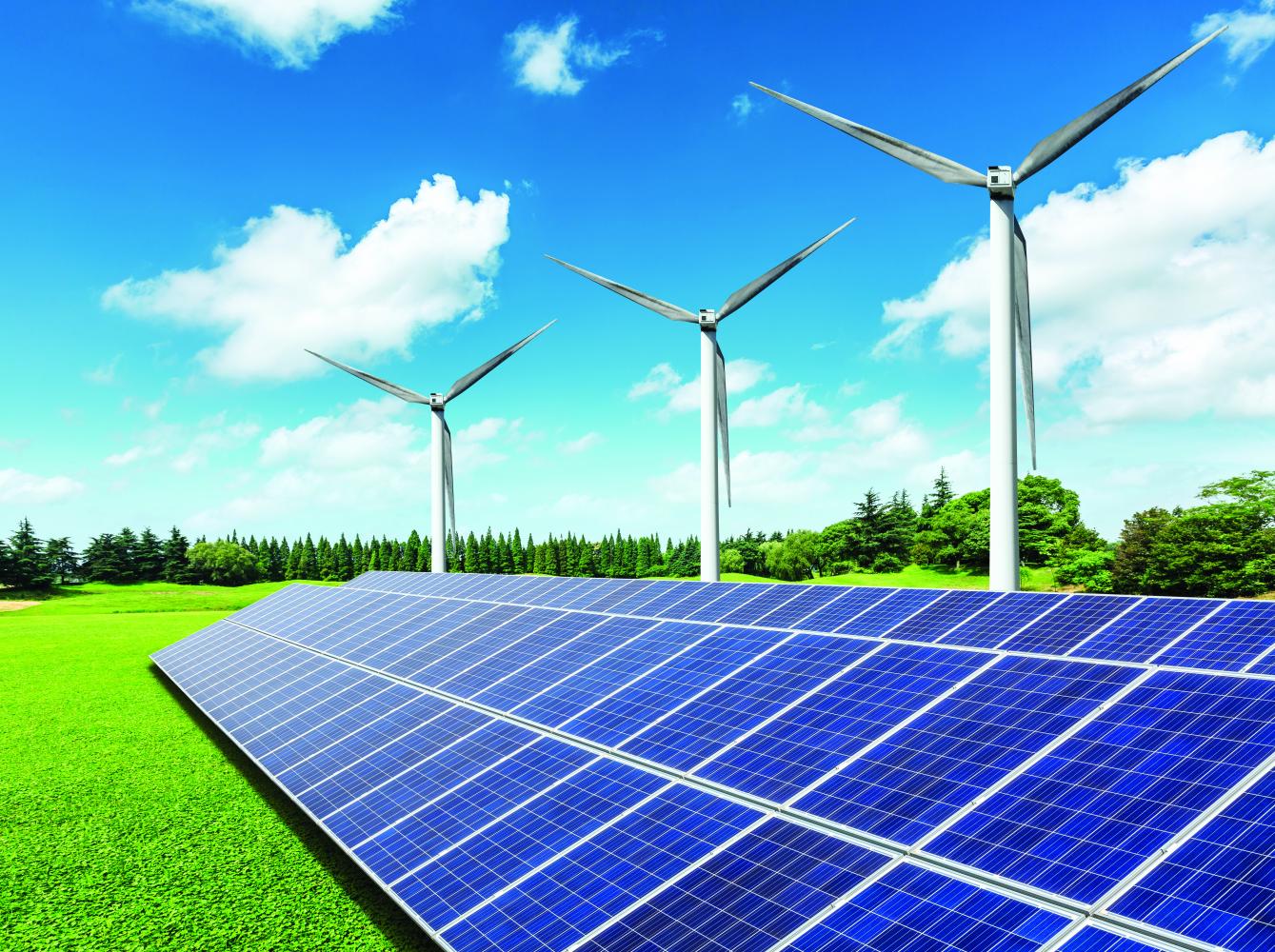
Cleantech leading economic advance
Cleantech, distributed infrastructure, 5G, Internet of Things (IoT) and next level process automation are expected to play a crucial role in the Thai economy in coming years, says consultancy McKinsey & Company.
“Even before the pandemic, a potent mix of technological advances — massively enhanced computer power, automation and smart technologies — is already reinventing a wide range of industries as part of the so-called Fourth Industrial Revolution or Industry 4.0,” Harry Seip, partner at McKinsey & Company’s Bangkok office and leader of the firm’s digital and analytics practice in Thailand, told the Bangkok Post.
“Covid-19 has only served to accelerate the growth of this technological mix,” he said.
Thailand is likely to see a mix of technologies rather than a single one drive high-level trends that can contribute to the economy over the long run, said Mr Seip.
The first technology trend is cleantech, which concerns clean energy as well as materials and solutions which are environmentally friendly.
While cleantech has not been significantly accelerated by the pandemic, public and private sector investment to support Thailand’s Alternative Energy Development Plan 2015-2036 and aspirations to become a regional electric vehicle hub by 2030 have the potential to create new businesses and jobs after the pandemic, Mr Seip said.
“An econometric study of global public sector spending on energy technologies shows that spending on renewables can create five more jobs per million dollars invested than spending on fossil fuels,” he said.
According to him, energy demand in the region is expected to surge substantially in a long run and that clean energy will be a key in the Thai economy.

“Cleantech will become more disruptive to traditional business models and investment priorities in Thailand, not only in the energy space, but across a range of sectors,” Mr Seip said.
“Many Thai financial institutions are increasingly focusing on sustainable financing. Thai corporates are pursuing green investments, and the Thai transport sector is exploring cleaner mobility options.”
The second technology to watch is distributed infrastructure, which concerns cloud and edge computing.
The pandemic has accelerated digital adaptation in Thailand as people increasingly turn to online tools for remote working, business transactions, consumption, healthcare and social interaction.
“This is boosting demand for data centres and cloud services, driven both by advances in the global business environment and Thai legislation aimed at improving the efficiency and security of the country’s digital economy,” Mr Seip said.
In Thailand, investment in the data centre market is expected to see compound annual growth rate of 8% reach US$700 million by 2026, he said.
The third trend lies in 5G development. 5G rollout in Thailand has been accelerated during the pandemic due to demand from workers, consumers, healthcare professionals and organisations, Mr Seip said.
“This trend is expected to further support mobile platforms and ecosystems, including data-intensive apps that provide entertainment, mobile banking, ride hailing, online delivery, social networking and shopping services,” he said.
The fourth is IoT, which Mr Seip said is steadily becoming all-pervasive across many areas of life — smart cities and homes, manufacturing, agriculture, healthcare, mobility and retail.
In mobility, for example, IoT sensors and near-global coverage will help manufacturers capture vehicle signals, monitor the condition of each system in the car and notify the owner to schedule repairs before a breakdown occurs, thus improving the vehicle’s durability and lifespan.
In healthcare, remote sensors can, for example, facilitate care at home.
The fifth concerns the next level of process automation.
Thailand is already investing substantially in robotics, Mr Seip said. The International Federation of Robotics ranked Thailand the 13th-largest market globally for industrial robot installations in its ‘World Robotics Report 2020’.
The pandemic has accelerated the development of robots in Thailand, including medical robots deployed to assist frontline medical workers and to provide telemedicine services, as well as robots used in pandemic-related manufacturing.
“Automation will continue to play a key role in shaping Thailand’s economic recovery and the future of work.”
Source: https://www.bangkokpost.com/business/2177671/cleantech-leading-economic-advance


